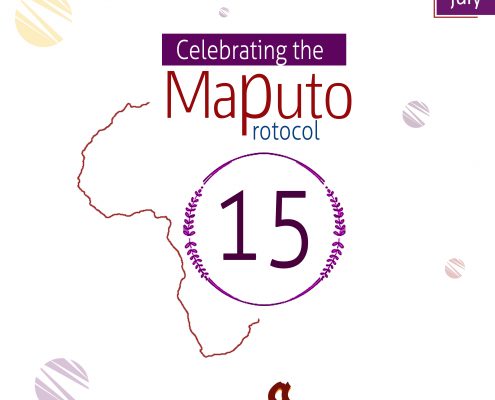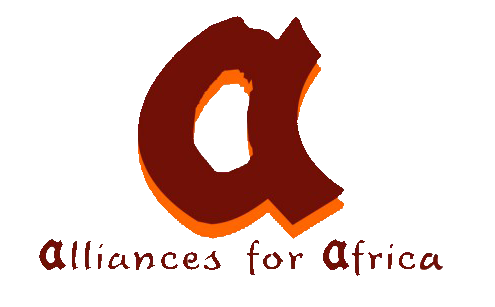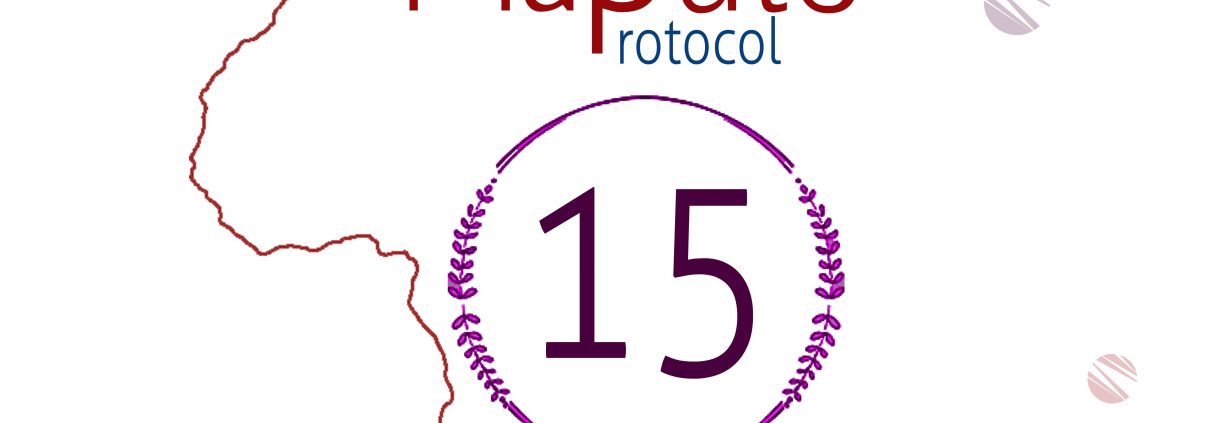CELEBRATING THE MAPUTO PROTOCOL AT 15.
CELEBRATING THE MAPUTO PROTOCOL AT 15.

The African Charter on Human and Peoples Rights on the Rights of Women in Africa
also known as “Maputo Protocol”, was adopted by the Assembly of the African Union in
Maputo, Mozambique on 11 July 2003. The protocol is a legal instrument with the most
comprehensive articulation on women’s rights issues relevant to the lived realities of
girls and women in Africa. It is also the most progressive human rights instrument in
the world for women and girls.
The Maputo protocol is a treaty that is binding on all countries that ratify it. It came into
effect in November 2005, after a minimum of 15 of the 53 African Union member
countries ratified it. Those who ratify the treaty are called “State Parties.” Forty one
countries have ratified the protocol, Ethiopia being the latest on 1 st May, 2018. Despite
the adoption of the protocol, gender inequality, violation of women’s right,
discriminatory social norms and laws persist unabated on the African continent and as
such more needs to be done to ensure the rights of women and girls are respected and
protected. States parties are not doing enough and they are rarely held accountable for
their failure. The challenges stem from patriarchy, ignorance, culture and traditional
norms. Some provisions include; right to participation in the political and decision
making process, prohibition of female genital mutilation (FGM) and child marriage,
health and reproductive rights, right to abortion in certain cases and the obligation to
punish perpetrators of violence against women, etc. Majority of State parties ratified the
protocol without incorporating same into their national laws, thus rendering it
redundant and ineffective.
For this important instrument not to remain mere words on paper, State parties and
their agencies, non state actors (Civil society organizations, etc) need to unite and
collaborate in implementing measures aimed at addressing discrimination against
women and girls in Africa.
Alliances for Africa (AfA), an African-led International, non-governmental organization
with focus on women’s rights in Africa, in her interventions creates awareness on the
Maputo protocol as an instrument in advancing women's human rights especially in
cases of gender based violence. Since 2010, AfA has strategically engaged and
collaborated with relevant partners in making the protocol known to relevant
institutions in Nigeria and beyond. We have further tested the Maputo protocol at the
ECOWAS Court, Abuja Nigeria, using the case of Dorothy Njemanze &3 others v.
Federal Republic of Nigeria(suit No: ECW/CJ/APP/17/14). It was a case of
gender based violence against four women in Nigeria by the agents of the Nigerian
government.
The landmark judgment was delivered on the 12 th day of October, 2017 in favor of the
plaintiffs. The above is the first ever pronouncement of a regional court of law on
women’s human rights based on the provisions of Maputo Protocol. AfA celebrates this
feat because it shows that regional instruments when applied consistently can be
effective in securing the rights of women while forming the basis of developing
jurisprudence on gender-based violence and gender discrimination in Africa. Also on the
provisions of the protocol, particularly Article 9, which specifically addresses women’s
participation in politics; AfA has been successful in getting more women appointed and
elected into political decision making platforms in government structures in south
eastern part of Nigeria.
As we at Alliances for Africa (AfA), join the African nation, partners within the Solidarity
for African Women’s Right (SOAWR) network and women in Africa to mark the 15 th
Anniversary celebration of the adoption of Maputo protocol, we urge member states
and the society at large, to combat discrimination against women and to recognize
publicly by domesticating and implementing the provisions of the protocol to better the
lives of women and girls in Africa. We also call on the remaining 14 African Union (AU)
countries to ratify the protocol.





Leave a Reply
Want to join the discussion?Feel free to contribute!